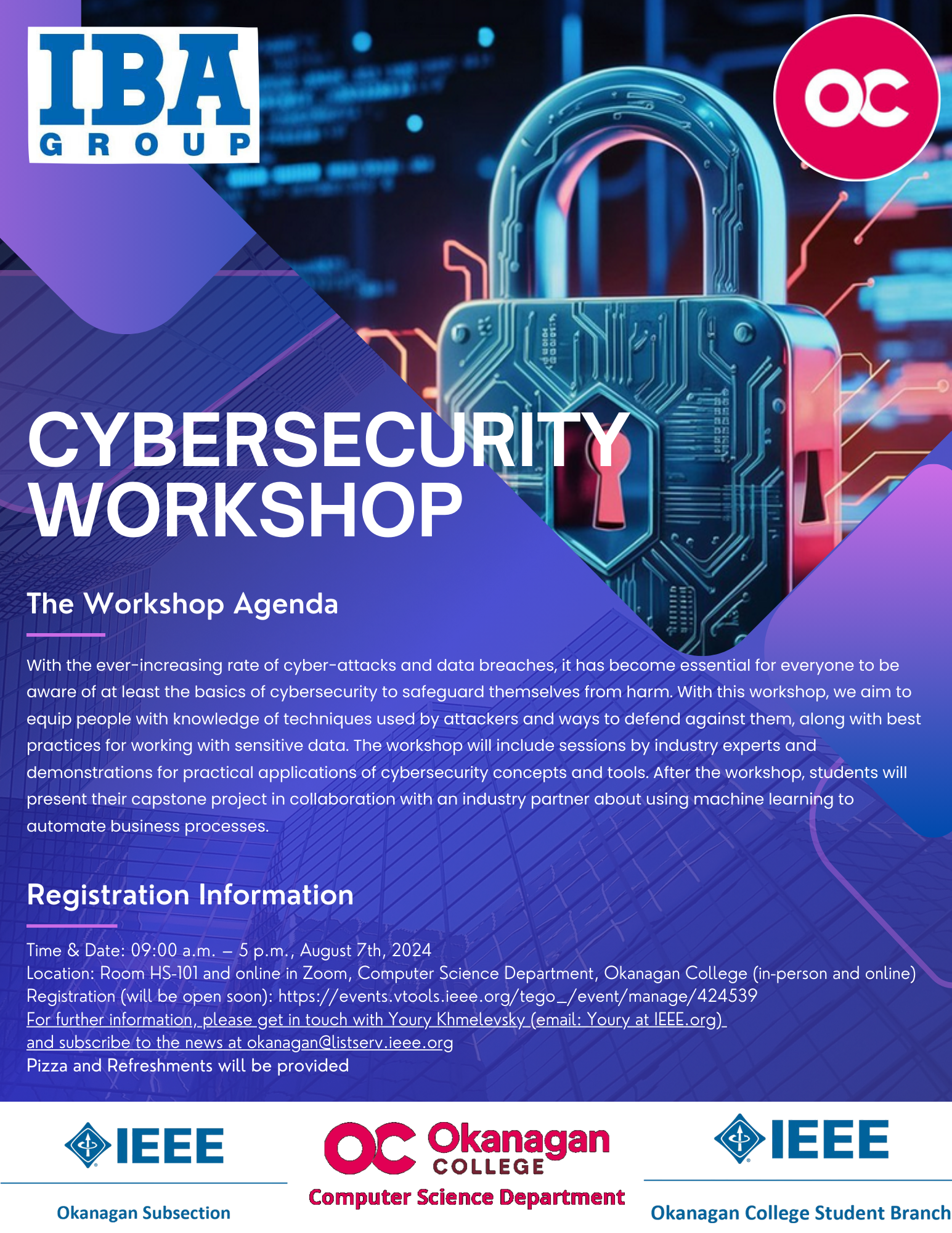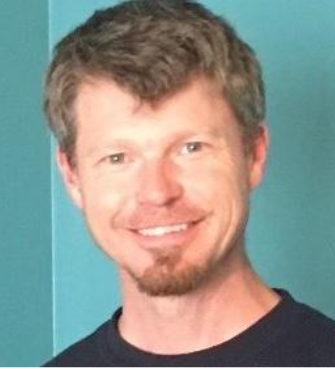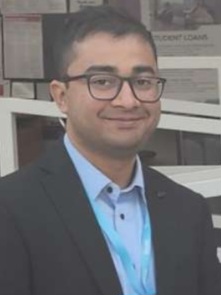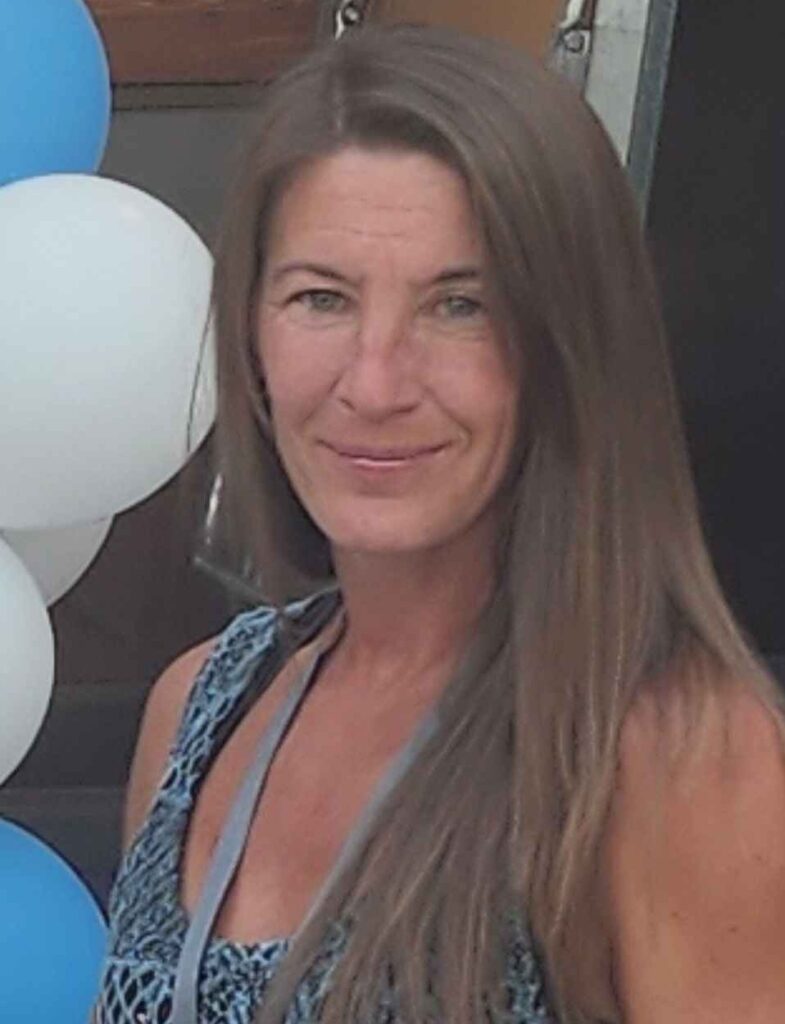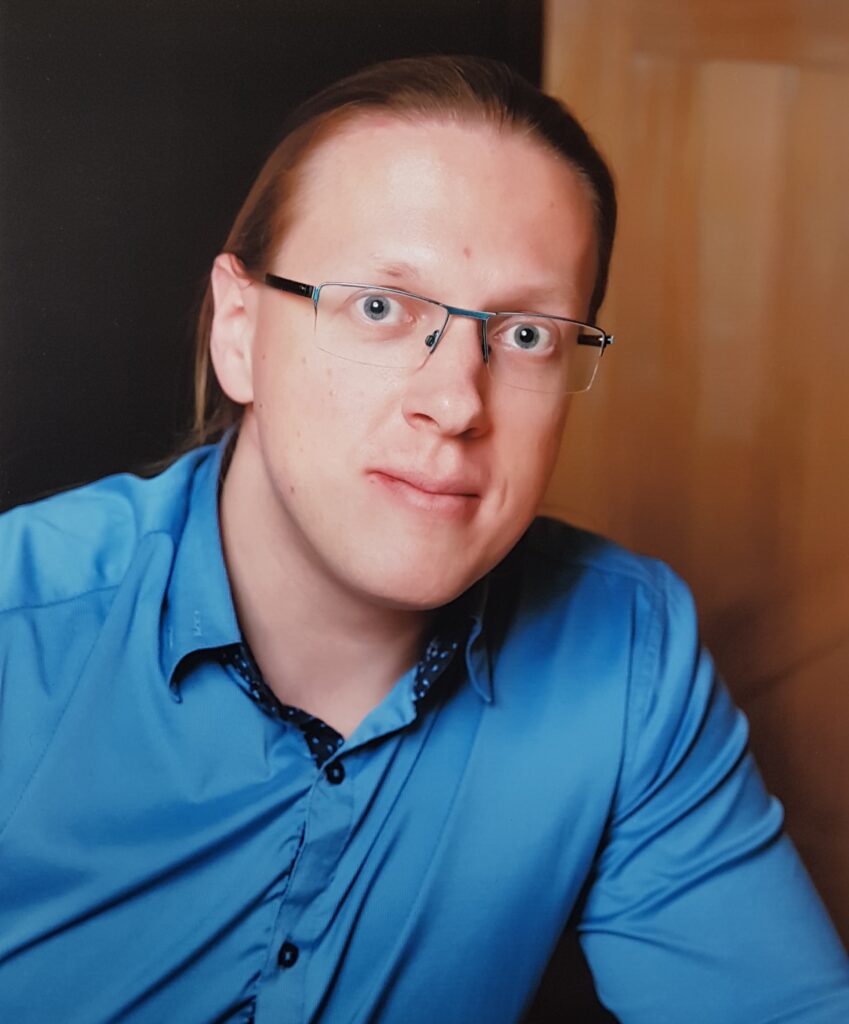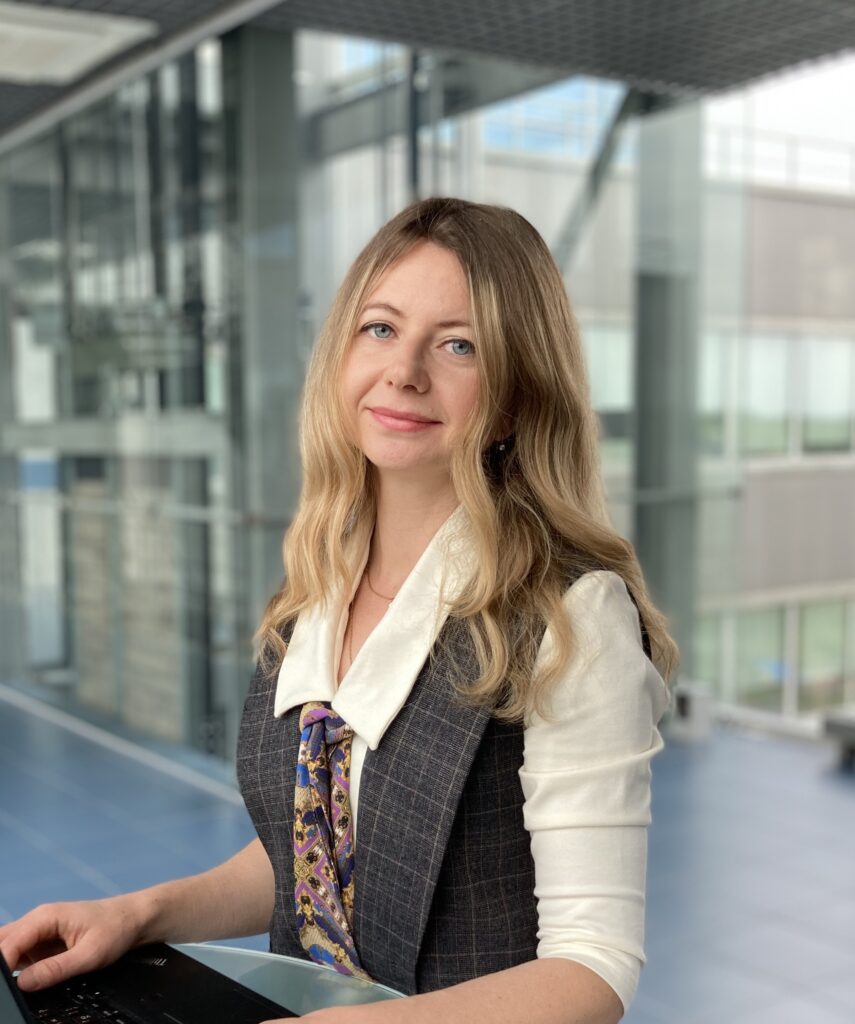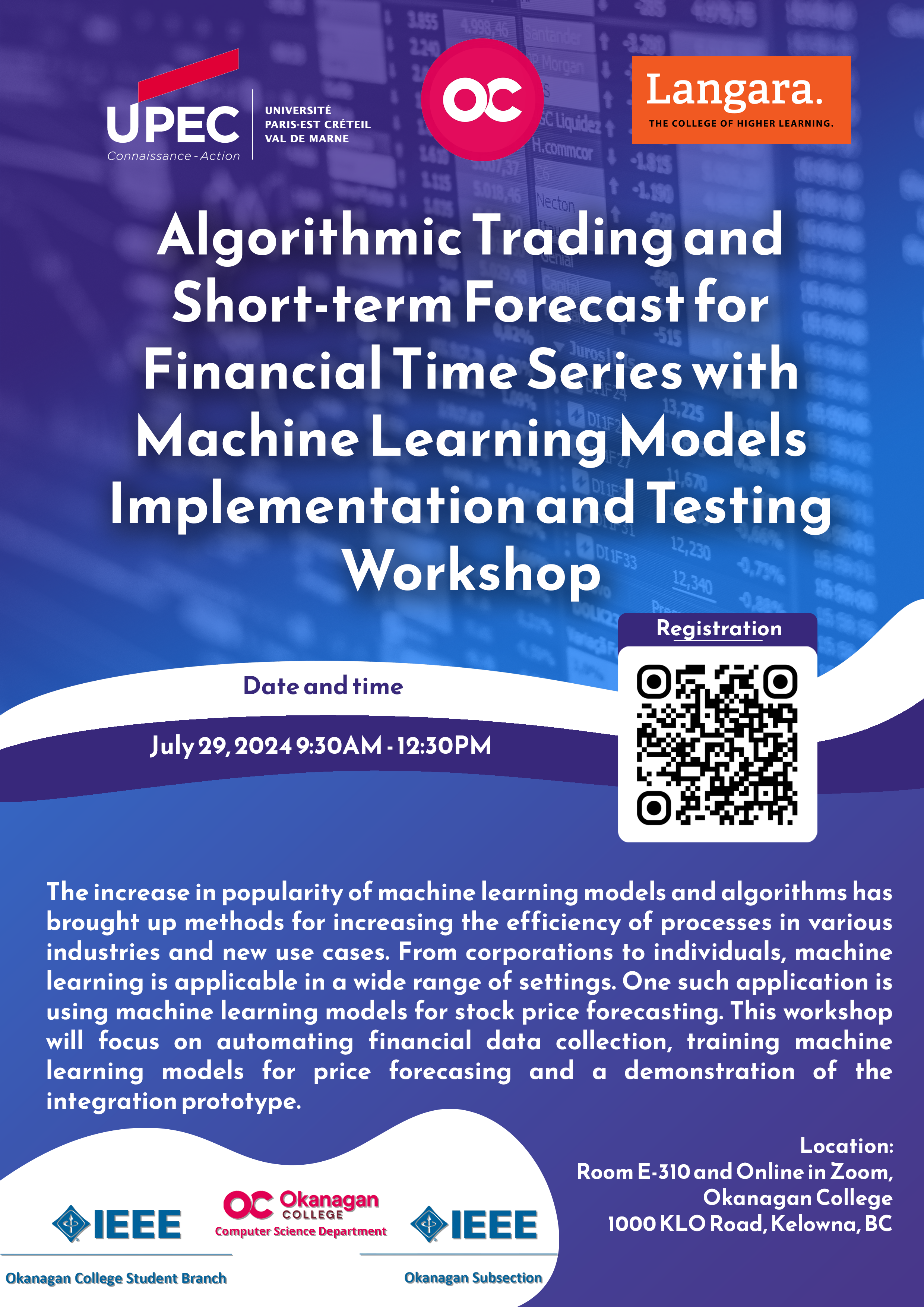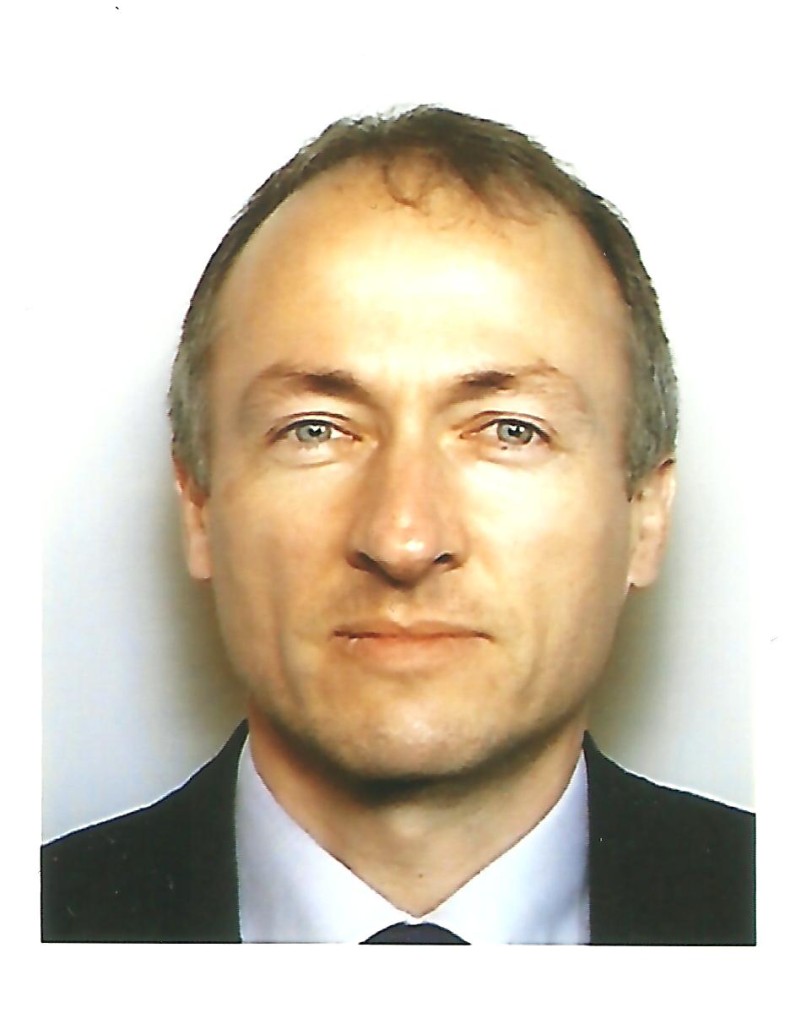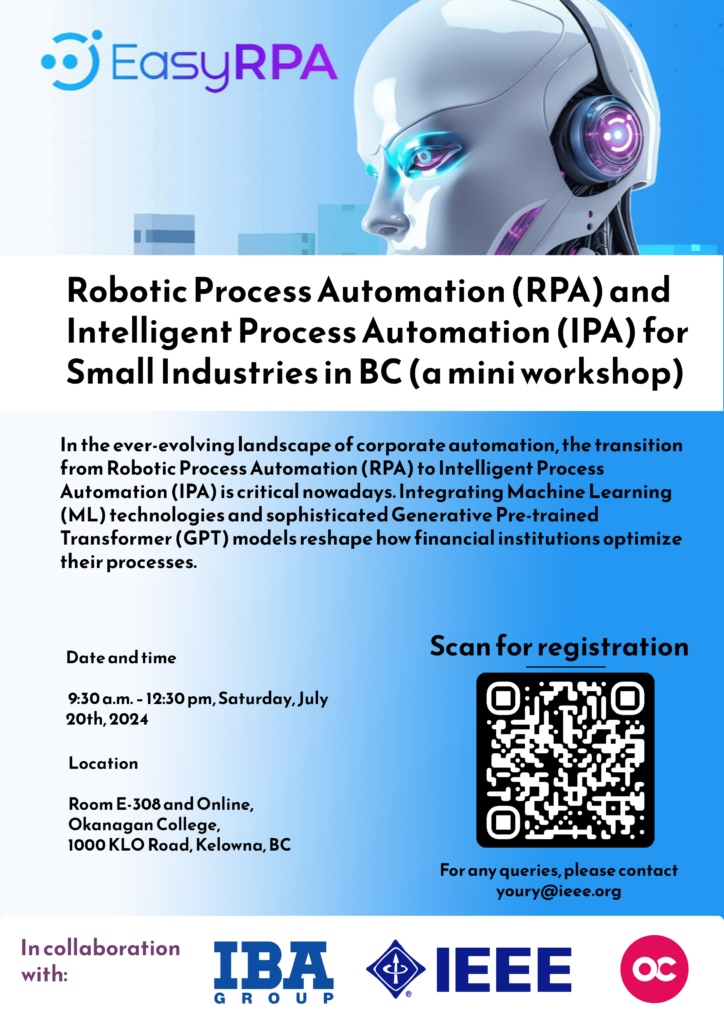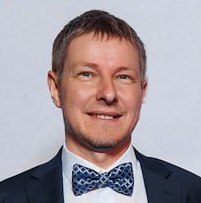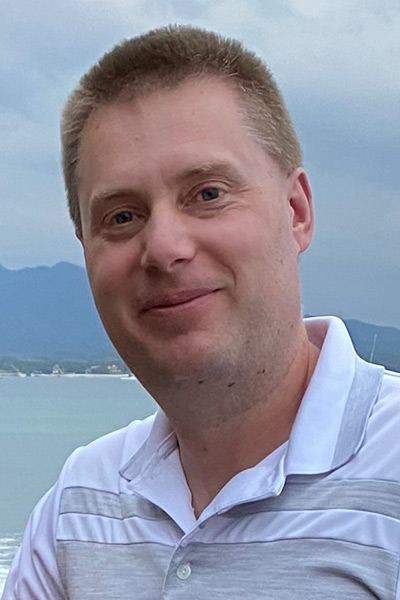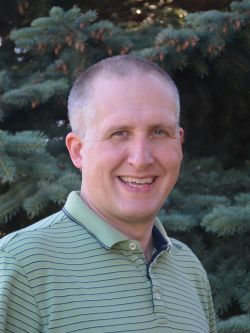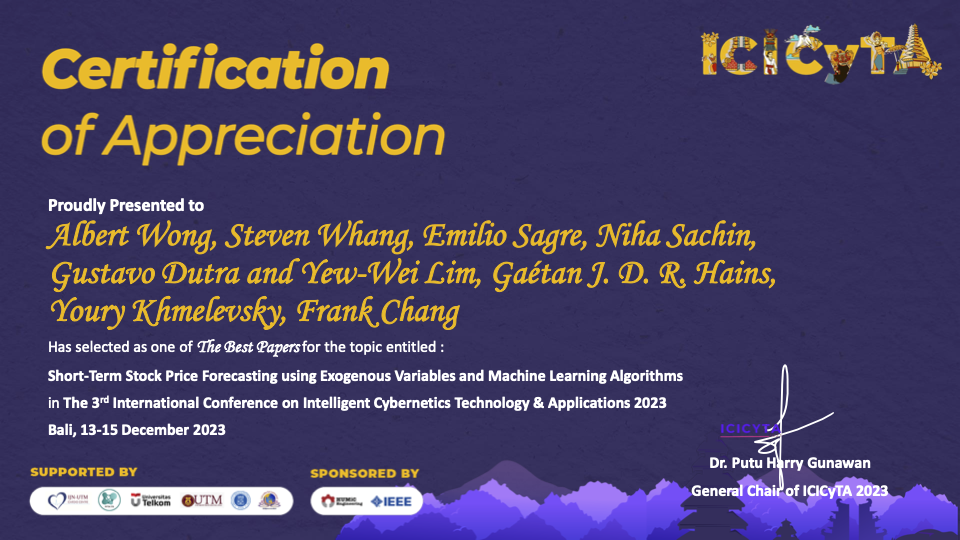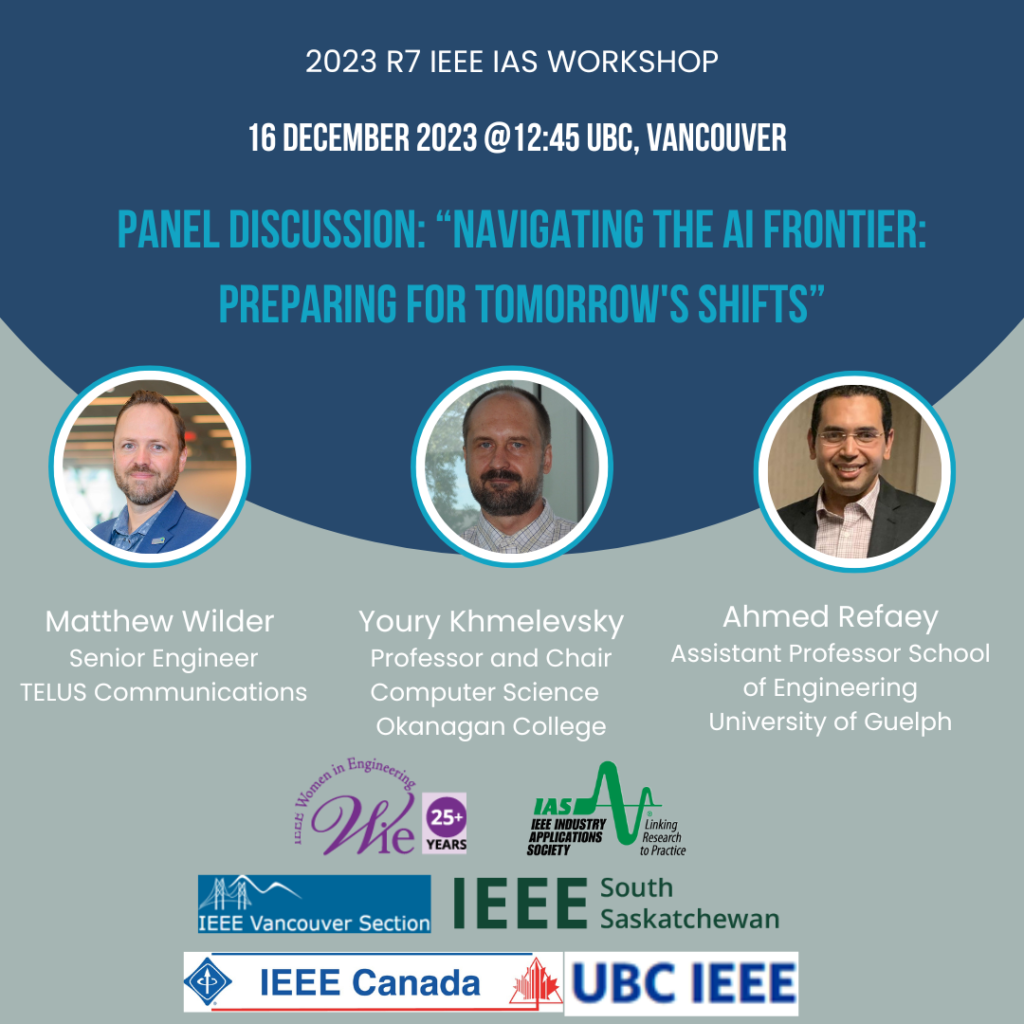The Computer Science department at Okanagan College is looking for project proposals for its capstone CIS and BCIS project courses in 2024-2025
In the capstone courses, second-year students in teams of 3 to 5 and fourth-year students in teams of 7 to 13 work on projects proposed by industry or other organizations. Each team is supervised by a faculty member acting as the technical director and assisting or pointing the students to appropriate technical expertise; you’ll act as the client. The projects can be general in software development or specialized in software engineering.
The Computer Science department invites you to submit a project for our students to prepare them for industry better.
There are numerous benefits to your organization:
- Exploration of research/development opportunities utilizing the expertise of OC faculty, staff and students.
- Access to world-class research facilities and expert technical personnel at OC.
- Engagement with the next class of new graduates to facilitate recruitment and networking.
- Exploration of products or services outside your organization’s current business plan.
- Introduction of your organization to the OC academic community.
Participation: How would you participate? You would submit your project requirements to capstones [at] Okanagan [dot] BC [dot] ca, and our students and faculty would work with you to develop potential solutions. You will have ample opportunity to be actively engaged in developing solutions.
The following outlines the curricular parameters of this final-year project courses (second and fourth years of study), what we have committed to the course, possibilities of participation with you, and suggestions for development going forward. Instructions and a fillable PDF form, COSC_OC_CapstonePartnerProposalForm.docx (please save the DOCX file to your computer before filling the form out), as well as a sample proposal, are available to help you submit your project (please contact by email for a sample).
Curricular Parameters: These courses will form a significant portion of the final-year diploma and degree requirements, representing six credits of coursework spread over two academic terms (usually September to April) in courses COSC 236/224, COSC 470/471 and COSC 436/437/419. Working in teams of 3 to 5 in COSC 236/224 and 7 to 15 in COSC 470/471, students will be expected to commit around 10 hours per week to complete this component, resulting in approximately 260 hours per student.
Our Commitment to Resources: The Computer Science department will commit instructional resources to support these students as they become highly competent and enthusiastic professionals. We will provide each student with support and instruction in design, project management, communication, solution quality assessment, life cycle analysis, and more.
Suggestions for Further Development: We believe that offering our students a solid and progressive integrative design experience in their final year of study can best be met in partnership with the community, whether for profit or not. The strength of this program will come from community involvement inside and outside Okanagan College, in which we hope to include you and your organization.
We understand that some issues still need to be addressed. One is that of Intellectual Property, and we are working to introduce easy-to-use templates for all parties to use.
Another is that of resources. The Computer Science department will commit a significant amount of financial resources. Still, to make this a successful partnership and a sustainable model, we hope you and your organization will commit similarly, if feasible. How this might take shape is currently open for discussion, and we welcome your thoughts.
We are very excited about offering our students this learning opportunity to work in partnership with individuals and organizations that have a significant stake in the current and future successes of software development and engineering. With your support and active contribution, we strongly believe this will be a successful undertaking that will benefit all parties involved.
We are very interested in hearing from you regarding this proposal and invitation. We hope that you will be interested in receiving further information about our initiative and that you will consider becoming an active participant in the program. We welcome any suggestions or input you might have, which can all be submitted to Capstones [at] Okanagan [dot] BC [dot] ca. We look forward to hearing from you.

